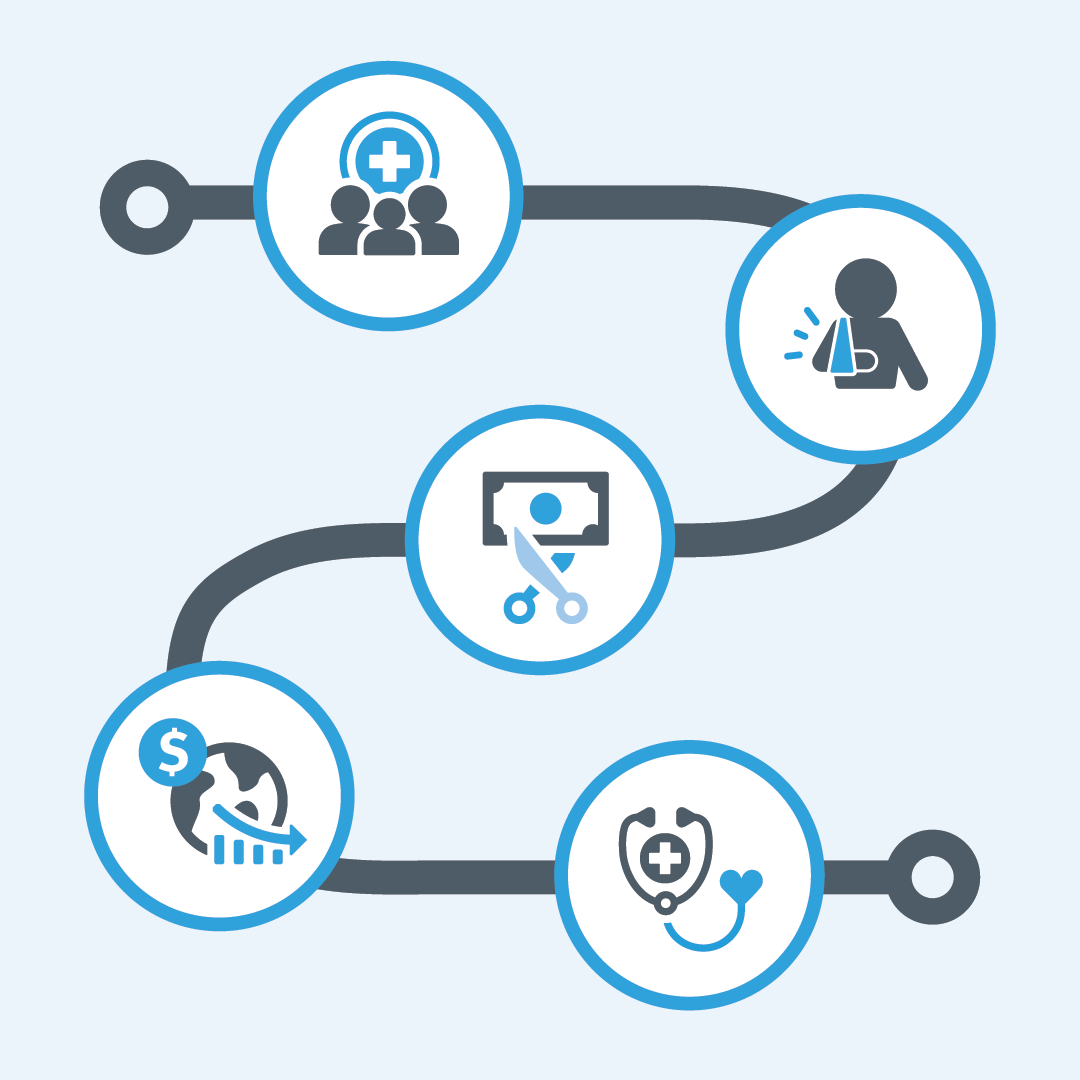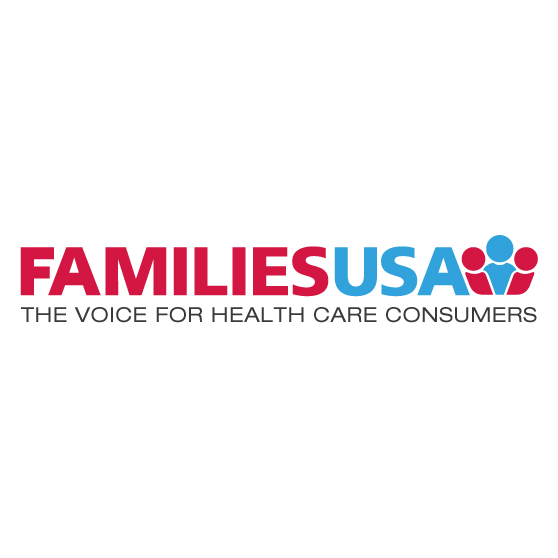
What’s Next for Health Care in Congress: Medicaid, CHIP, and Bipartisan Reform
08.04.2017
Congress has left D.C. for the summer without passing legislation to repeal the Affordable Care Act (ACA) or cut Medicaid. Leadership and rank-and-file representatives and senators on both sides of the aisle appear to be looking past the repeal fight that has embattled Congress for the past year and looking ahead toward efforts to stabilize the insurance market. Are these overtures of bipartisanship to be believed? Are the ACA and Medicaid finally safe? As always, it’s complicated.
The White House is continuing to pressure congressional Republicans not to give up on repeal. A proposal by Senators Graham (R-SC) and Cassidy (R-LA) has received the most traction recently. Their plan is just as concerning as previous repeal attempts. The Graham-Cassidy bill would block grant federal funding for Medicaid expansion and premium tax credits and place traditional Medicaid under per capita caps. This is an effort to track closely, as the fast-track reconciliation tool that allows a bill to pass with a simple majority (51 votes) is still available to the Senate.
More lawmakers have spoken out in support of a bipartisan approach to health care legislation since last week’s failed vote:
- In the House of Representatives, a bipartisan group unveiled proposals to stabilize the Affordable Care Act insurance marketplaces that they hope will be considered by Congress come the fall.
- In the Senate, the top Republican and top Democrat on the Health Education Labor Pensions (HELP) Committee have announced bipartisan hearings in September. Read our take on what to watch during congressional debates over stabilizing the marketplace.
We’ll have to wait until next month to see what comes of these efforts. What we do know is that Congress has a lot on its agenda when it returns.
Medicaid could be a target of tax reform and the budge
![]() Leader McConnell hopes to move on to tax reform this fall. A major overhaul of the tax system will be no easy feat, but in any proposal that cuts taxes for the wealthy, it is possible that entitlement programs like Medicaid could be mined for offsets, especially if the process remains partisan.
Leader McConnell hopes to move on to tax reform this fall. A major overhaul of the tax system will be no easy feat, but in any proposal that cuts taxes for the wealthy, it is possible that entitlement programs like Medicaid could be mined for offsets, especially if the process remains partisan.
Senator McConnell may try to use another budget reconciliation bill, the same fast-track process Congress tried to use for ACA repeal, in order to pass tax reform with only Republican votes. In order to start this process, Congress would need to pass another budget resolution.
In July, the House Budget Committee passed a budget resolution that included $4 trillion in cuts to mandatory spending, with at least $1.5 trillion in cuts to Medicaid and other health programs. While it is unclear whether there is enough support in the House to pass such a measure, it signals that efforts to undermine Medicaid are far from over.
Must-pass legislation affecting navigators, CHIP, and more
By the end of September, Congress also has to deal with reauthorizing expiring federal funding and programs, including annual appropriations and the Children’s Health Insurance Program (CHIP), and coming to an agreement on the debt ceiling.
Finalizing a spending bill for FY 2018: Fiscal Year 2018 (FY18) begins on October 1 and both chambers have yet to work out a comprehensive spending deal. The House Appropriations Committee began its work earlier this year and passed a measure to fund the Departments of Labor and Health and Human Services (L-HHS) and other agencies. This measure included many concerning provisions, including a prohibition of funding for ACA navigators. Navigators play an essential role in helping people understand and buy marketplace coverage that best suits their individual health needs.
Congress will likely pass a short-term spending bill next month to give themselves more time to finalize funding levels for FY18, and we hope that harmful policy riders like those in the committee-approved L-HHS bill will be removed.
Approving CHIP funding: Another major item on Congress’s work plate this fall is to reauthorize funding for CHIP, which expires on September 30. CHIP is a crucial program that, working with Medicaid, provides health coverage for nearly 9 million children.
Congress will have limited time to address CHIP when it returns, and leadership on the Senate Finance Committee, which has jurisdiction over CHIP, is scheduling long-overdue hearings to begin the process for reauthorizing this important funding. Funding for CHIP may be addressed in a larger bill that also reauthorizes expiring Medicare provisions. Expiring funding for community health centers, which provide crucial health services to underserved areas, must also be addressed by this deadline.
We’re monitoring this process in case lawmakers use CHIP as a bargaining chip in their efforts to revive ACA repeal. It is possible that representatives and senators who are not ready to move beyond repeal may attempt to attach harmful provisions to CHIP legislation.
In addition to moving health care legislation this fall, Congress will need to pass an agreement to raise the debt ceiling by the end of September. While the treasury secretary and congressional leadership appear to be pushing for a clean extension, there could be pushback within Republican ranks to add spending cuts to any deal.
While repeal of the ACA may be on the backburner for now, the upcoming legislative agenda poses threats to federal health programs. We’ll be following these closely and updating you regularly over the coming months.




